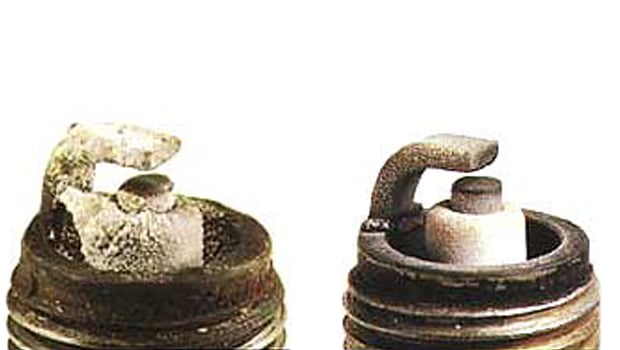One thing I have not seen mention when talking about Octane numbers is the additives used by manufactures. You will find more additives in 97 Octane than in 87 Octane used for cleaning the engine's fuel system and help cut down bad emissions, but here is the rub. I have found engines that are designed to run on 87 Octane but are feed a steady diet of 97 Octane will have more deposits on the spark plugs over time due to the additives.
Is true there is technically more energy in 87 Octane than 97 Octane as the 97 is designed to burn slower in the higher compression engine. Even in the low compression engine say 9:1 if you put on a Turbo or a Supercharger you must run the higher octane if you are running boost and if you have a turbo Or Supercharger who don't twist up the wick once and a while?
All I'm saying is if you run high Octane fuel for feed for the steed then keep an eye on the spark plugs for crud build up and I'm talking about long time use.









 Reply With Quote
Reply With Quote